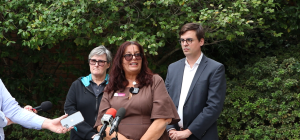The Western Australian Council of Social Service and Community Employers WA are calling on the State Government to ensure that gender equity provisions for community service workers can be fully funded, ahead of International Women’s Day this Thursday.
The community services sector was proud to advocate alongside its workers and their unions to achieve the 2012 Equal Remuneration Order (ERO) by the Fair Work Commission, to address the historical undervaluing of the work undertaken by a women-dominated industry.
The ERO provides for ‘above Award’ pay increases for social and community service workers of between 23% and 45% over an eight-year period from December 2012 to December 2020, however research by the Curtin Not-for-profit Initiative in 2017 indicated that of 19 major WA not-for-profit agencies surveyed, all 19 would experience a negative financial impact in order to cover the awards.
However, changes made by the previous government to the indexation rates for service funding in the community services sector has exacerbated the situation, as very low rates of indexation have dramatically diverged from legislated award wage increases under the ERO.
“Had there been adequate funding and contracting allowances for wage increases in line with the ERO, and had the government phased them in over the eight years, we would be closer to achieving gender equity pay for women in Western Australia,” said Louise Giolitto, CEO, WACOSS.
“Instead, with two years out from the 2020 deadline, organisations are being forced to cut staff – from a predominantly female workforce – as well as services, because they are unable to afford to pay them a fair and just wage,” Louise said.
“Cuts in the workforce and to services will disproportionately impact the community services sector, women, children, and particularly those who are Aboriginal. Unfair funding arrangements are hitting hardest wage-intensive 24/7 and after-hours services, such as women’s refuges and homeless services,” said John Bouffler, Executive Director, Community Employers WA.
“Community service organisations are being put in the impossible situation of trying to balance their commitment to deliver sustainable services to our community and their commitment to treat their workers fairly,” John said.
The most recent Bankwest Curtin Economics Centre and the Workplace Gender Equality Agency Gender Equity Insights Report showed that the gender wage gap in the Health Care and Social Assistance industry had increased from 14.7 to 15.7 per cent for full time workers and 0.9 to 2.0 per cent for part-time workers[1].
“If the State Government is serious in its intentions to provide for the advancement of women and the achievement of gender equity in Western Australia, it is high time that they commit to ensuring that the equal pay requirements in the community services sector are fully funded for the long term,” said Louise Giolitto.
[1] BCEC Gender Equity Insights 2018, pp.20 & pp.27, http://bcec.edu.au/assets/BCEC-WGEA-Gender-Equity-Insights-2018-Report_WEB.pdf.
Media contact: Laurene Coller, Communications Officer, [email protected], 0419 316 557.
To download a PDF of this media release click here.



